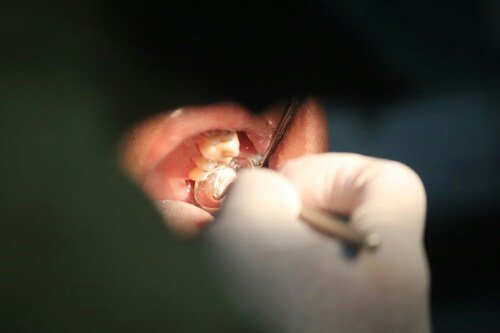In a world that’s rapidly turning back to its roots for healing, plant-based health is sprouting up as a significant trend. This isn’t just a fleeting fashion; it’s a deep-seated movement toward wellness that echoes the wisdom of centuries-old practices. Here, we’ll unearth the layers of plant-based health benefits and zoom in on a particularly intriguing aspect: medical marijuana. Especially in Maryland, where legal nuances paint a complex picture, it’s crucial to grasp the full spectrum of plant-powered wellness.
The Foundations of Plant-Based Health
What exactly does ‘plant-based health’ encompass? At its core, it’s a healing philosophy grounded in the power of plants to nourish and restore the body. This isn’t new; from ancient shamans to modern herbalists, plants have long been harnessed for their medicinal properties. But what does modern science say about this? The answer lies in a plethora of studies that validate what traditional medicine has known all along: plants hold the key to our well-being.
Nutritional Benefits of a Plant-Based Diet
A cornucopia of nutrients resides in the plant kingdom. From the humble green leafy vegetables packed with iron to the bright berries bursting with antioxidants, a plant-based diet is more than just a meal choice—it’s a path to longevity and vitality. Did you know that the simple act of incorporating more plants into your diet can reduce the risk of chronic diseases? Indeed, the power of plants is not to be underestimated.
Medicinal Plants and Herbal Remedies
Turn to any corner of the globe, and you’ll find medicinal plants at the heart of health care. Echinacea, for instance, has been shown to bolster the immune system. Then there’s St. John’s Wort, a beacon of hope for those grappling with mild depression. In herbal remedies, the plant’s essence is captured in a way that modern medicine often seeks to replicate, yet the synergy of natural compounds in a single plant can be a complex puzzle, one that nature has already solved.
The Role of Supplements in Plant-Based Health
While whole foods are the ideal source of nutrients, sometimes life calls for shortcuts. Plant-based supplements, when chosen wisely and used judiciously, can fill nutritional gaps. But it’s a minefield of choices out there. How do you navigate it? Look for third-party testing and certifications to ensure quality. Remember, supplements are just that—a supplement to, not a replacement for, a nutrient-dense diet.
Medical Marijuana: A Potent Plant-Based Remedy
Medical marijuana has risen from the ashes of stigma to become a recognized tool in the plant-based health arsenal. Its compounds, like CBD and THC, have been scrutinized and celebrated for their ability to relieve pain, quell anxiety, and even soothe the tremors of Parkinson’s disease. It’s a remarkable turnaround for a plant that was once vilified.
Maryland’s journey with marijuana, for example, has been a cautious waltz rather than a reckless leap. Medical marijuana here has a framework, a set of rules that govern its use. It’s a structured embrace, recognizing the plant’s benefits while maintaining a system that ensures its responsible use.
Learning how to get a medical marijuana card in Maryland is important because it’s a patient’s passport to accessing this natural remedy. It’s a document that declares a patient’s right to use marijuana for health reasons, underpinned by state law and protected by regulations. But what goes into obtaining one? A diagnosis, a doctor’s recommendation, and a bit of patience as you navigate the administrative process.
Why bother with a medical marijuana card when recreational use is legal in Maryland? There’s more than meets the eye. For starters, it can offer a financial break, saving you money through tax exemptions. Then there’s the personalized care, the guidance from knowledgeable dispensary staff who can help you find the right strain for your specific ailment. It’s about having a safety net, a legal guarantee that your use of marijuana for health isn’t just accepted—it’s respected.
Integrating Medical Marijuana with Traditional Plant-Based Health Practices
Imagine weaving the benefits of medical marijuana with the tapestry of traditional plant-based remedies. It’s not just about adding another herb to the mix; it’s about creating a holistic health plan that honors the complexity of the human body. Under the guidance of healthcare professionals, this integration can amplify wellness in ways that single remedies might not.
Conclusion
The essence of understanding plant-based health benefits is not in the individual leaves but in the forest they compose. It’s a vibrant ecosystem where each plant plays a role, and medical marijuana has secured its place in this verdant landscape. In Maryland, the medical marijuana card is your guide through this green expanse, offering benefits that ensure your journey is both healthful and lawful. As you navigate this world, remember the importance of doing so with knowledge and respect for the laws that govern it. In the end, plant-based health isn’t just a choice; it’s a lifestyle—one that promises a return to nature’s healing embrace.




